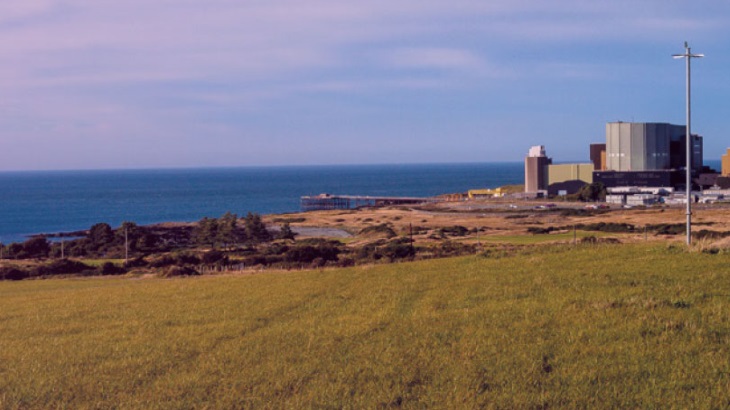Horizon announced the suspension of its new-build projects in January 2019. The UK subsidiary of Japan's Hitachi said it had made substantial progress with its plans to provide at least 5.4 GWe of new capacity across two sites - Wylfa Newydd, in north Wales, and Oldbury-on-Severn, in southwest England - by deploying Hitachi-GE UK advanced boiling reactors.
The UK government is currently considering the Regulated Asset Base (RAB) model for new nuclear projects. This would allow investors to start making a pre-determined return as they invested, but any new policy would require primary legislation and the whole process of developing and then enacting a new policy would likely take a minimum of 18 months.
Duncan Hawthorne, chief executive of Horizon, told the Financial Times: "What I've been trying to do over the last period is convince people that our suspension has not in any way undermined our ability to restart quickly. We are ready to go ... but the funding model needs to be in place. We've got a competitively priced project that will generate jobs quickly and really fuel the economy in the region the plant is in. If we can't make our transaction viable in this environment then it's never going to happen," he said, adding that Horizon was having "pretty detailed conversations right now" about its proposals.
Horizon wants clarity from government on its nuclear strategy and a potential funding model by the autumn, when ministers had been expected to publish a delayed energy white paper and national infrastructure strategy. If sufficient commitment isn’t forthcoming, Mr Hawthorne conceded it would be "easy" for Hitachi to "say we're out of here" and sell the site, "raising fears China General Nuclear could potentially move in", according to the article.
Zoe Stollard, construction partner at law firm Clarke Willmott LLP, told World Nuclear News that the Welsh government has been proactive in supporting nuclear energy as part of its commitment for a greener economy for many years, dating back to the construction, operation and decommissioning of the Trawsfynydd and Wylfa power plants.
"Over the decades, a strong national and international supply chain has been created and developed which has served the Welsh economy well," she said, noting that 116 businesses from across Wales had won contracts worth GBP150 million (USD198 million) to help build Hinkley Point C and that, in addition, over 1000 Welsh residents had worked on the project so far.
"When looking at the wider nuclear opportunities in Wales, the majority are in North Wales. By far the largest project is the proposed GBP20 billion new nuclear power generation facility at Wylfa with an update expected at the end of September. Potentially 20% of the value of contracts could go to Welsh companies along with supporting inward investment opportunities," she said.
The proposed development of Trawsfynydd - Rolls-Royce has identified the site to build one of the first of a new fleet of advanced small modular reactors (SMRs) across the UK - is significant, she said.
"According to Rolls Royce, each SMR would operate for 60 years, providing 440 MW of electricity, which is enough to power Cardiff, Swansea and Newport combined, creating 350 new jobs. Additionally, it could become a medical research reactor development centre, providing a secure and sustainable supply of medical radioisotopes for the UK, creating a further 200 jobs and significant investment," she said. There are also "exciting and innovative" R&D and manufacturing facilities at M-SParc and AMRC Cymru and a potential thermo-hydraulic facility, she added.
"When combined with collaborating with other UK regions including the North West Nuclear Arc, new builds in Suffolk and Essex, and internationally with strong links being formed in Canada, the future is bright," she said.
Clarke Willmott works with the Wales Nuclear Forum and South Wales Chamber of Commerce.















